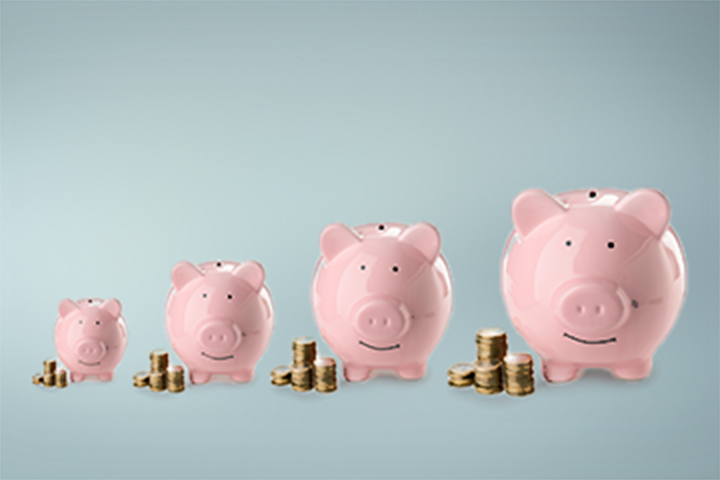Most Belgian households are passive with their wealth

Keytrade Bank
keytradebank.be
May 15, 2025
(updated May 21, 2025)
3 minutes to read
‘Hammock investing’ kicked off as Word of the Year. We checked in our wealth report whether Belgian households are active or passive investors. We asked Thierry Ternier, CEO of Keytrade Bank, to extract the most striking conclusions from the survey.
Are Belgians more likely to be active or passive with their assets?
“Most Belgian households take a cautious financial approach. They manage their money prudently. 78% of families are passive investors, 22% are active investors.”
Does the wealth report highlight groups that are more active investors than others?
“Households with more wealth tend to be more active. Of the richest households, with assets of more than €1 million, 30% actively manage accumulated wealth.”
“Those who are less risk-averse are also more likely to actively invest. Among households with low risk aversion, 36% opt for active asset management. Among families with high risk aversion, this only represents 17%. Households willing to take risks with their money may be more confident in making financial decisions, and therefore more likely to take a proactive approach. On the other hand, households that avoid risk are more likely to opt for a passive and more conservative approach.”
Do active and passive investors build their wealth differently?
“Active investors invest a significantly higher proportion of their money in shares. Passive investors, in turn, rely more on traditional savings accounts, while active investors swap savings books for fixed term accounts and shares even more than before. They look for diversification and higher returns. Shares and funds are especially popular among the most wealthy, the self-employed and the more educated. They are therefore more likely to be actively working to grow their assets.”
How important is sustainability to investors?
“In our wealth report, we also examined the role ESG (Environmental, Social, Governance) plays in investment behaviour. The share of sustainable investments remains stable in 2025, at about the same level as last year. Digging a little deeper, it seems that investors recognise the importance of ESG, but it is not necessarily a decisive factor in specific investment choices.”


